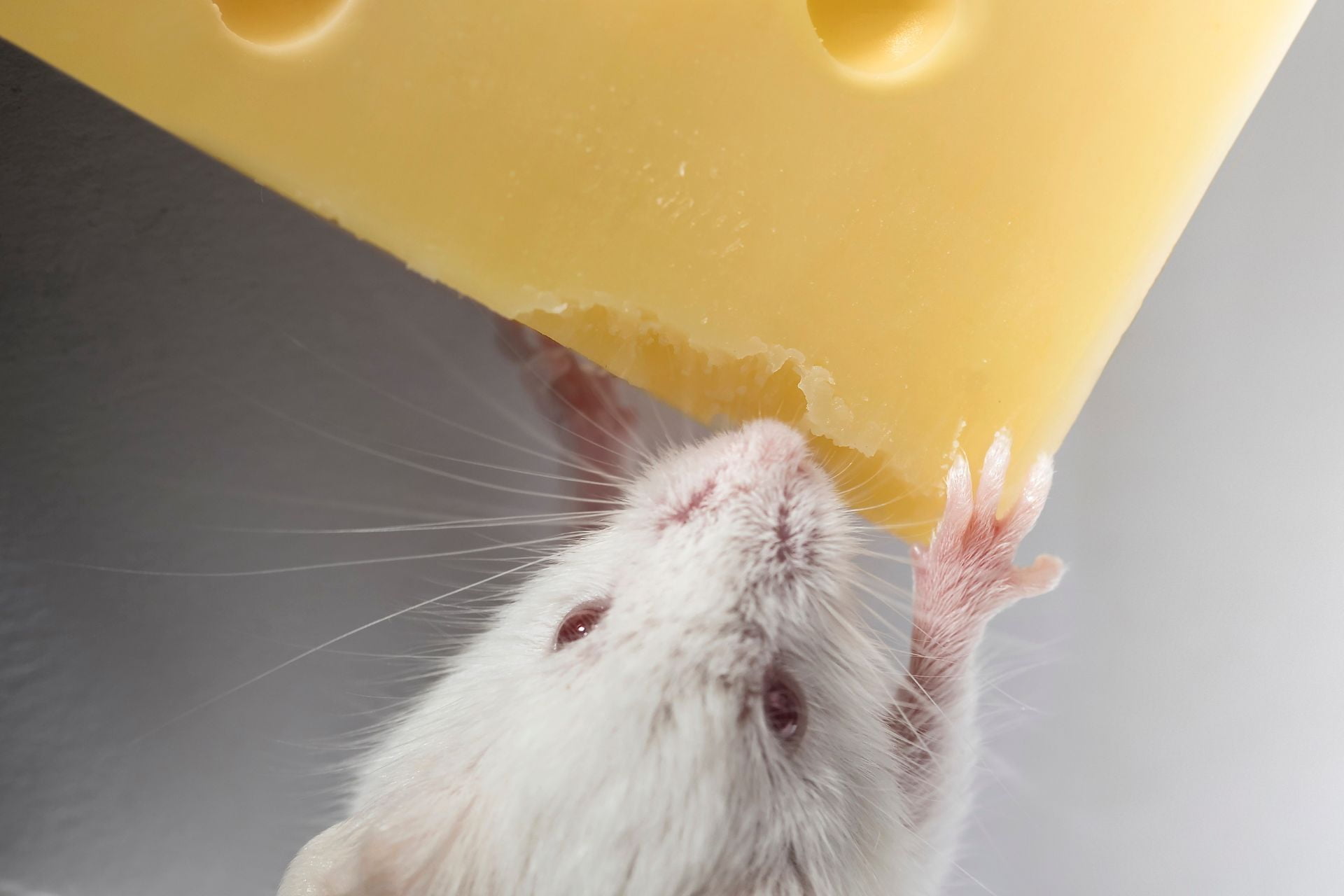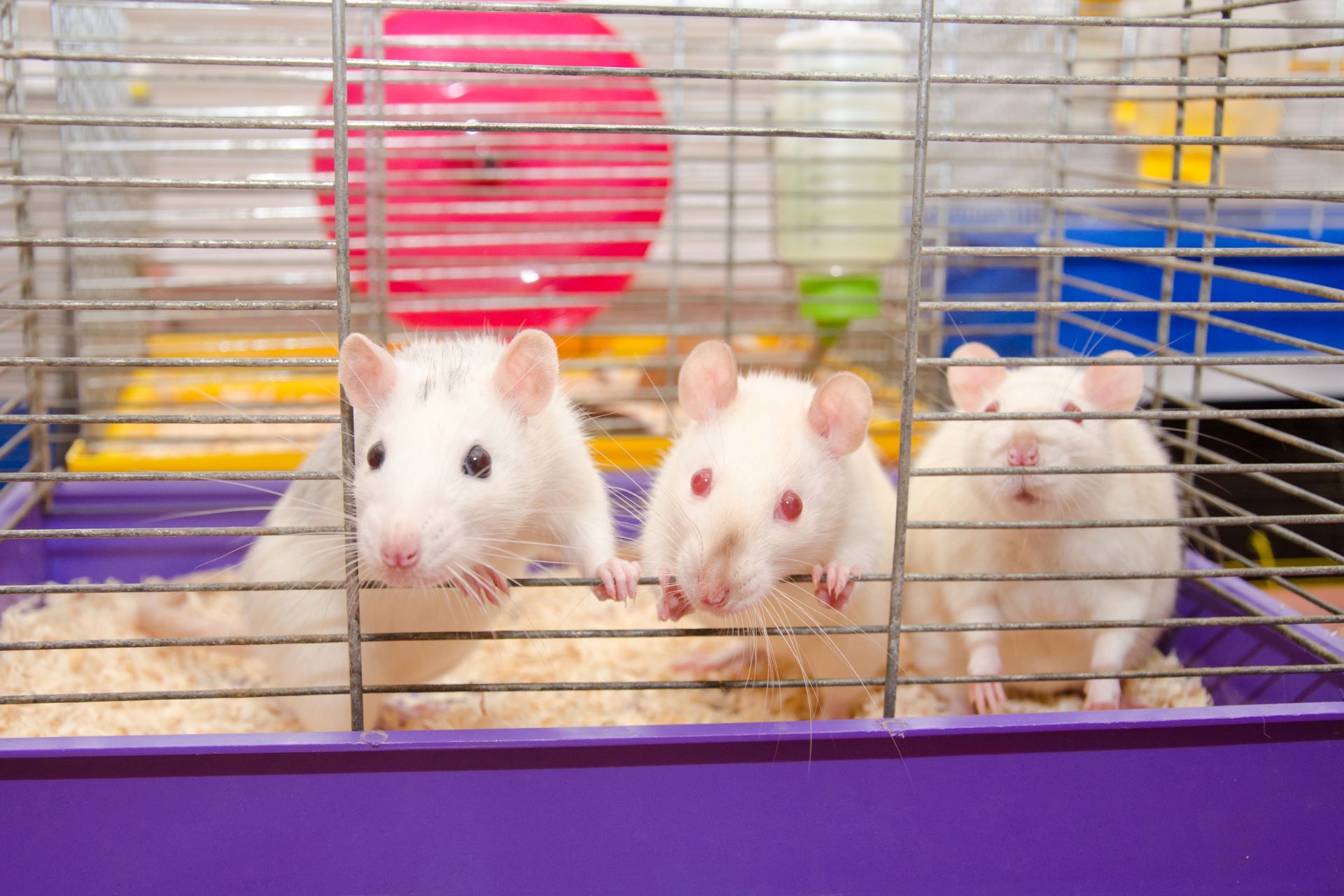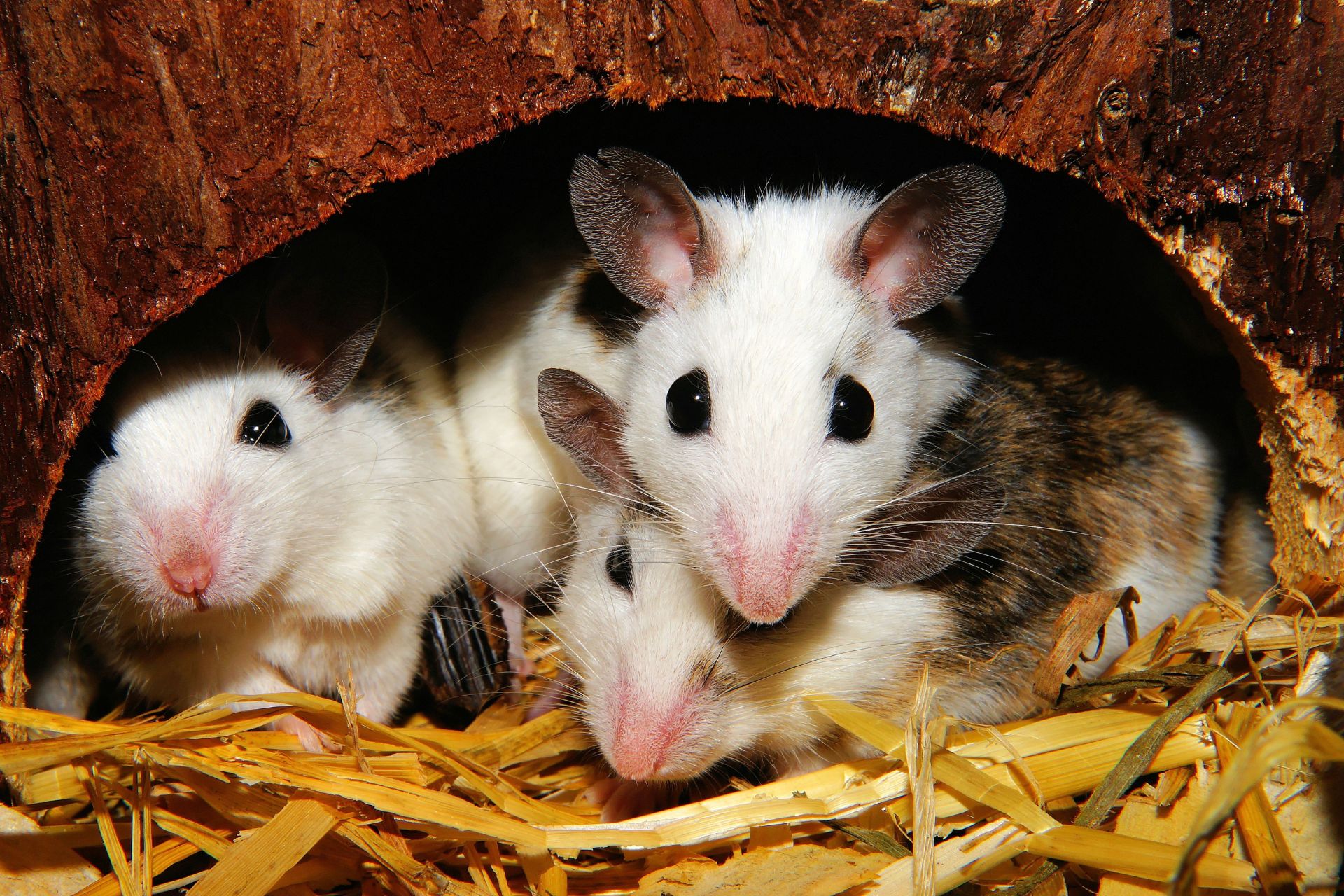Pet mice are adorable, tiny companions that bring joy and entertainment to many households. To ensure their overall well-being and longevity, providing proper nutrition and a balanced diet is of utmost importance. In this article, we will explore the significance of nutrition and diet for pet mice, learn about suitable food options, and understand essential guidelines for feeding these delightful creatures.
Contents
- Introduction to Pet Mice
- Importance of Nutrition and Diet for Pet Mice
- Commercial Diets for Pet Mice
- Fresh Foods for Pet Mice
- Avoiding Harmful Foods for Pet Mice
- Feeding Schedule and Portions
- Treats and Supplements
- Special Considerations for Mouse Pups and Senior Mice
- Hygiene and Food Storage
- Monitoring Your Pet Mouse’s Health
- Conclusion
- FAQs
Introduction to Pet Mice
Pet mice, scientifically known as Mus musculus, are small rodents that have become popular as pets due to their compact size and playful nature. They are generally easy to care for and make wonderful companions for individuals and families alike.
Importance of Nutrition and Diet for Pet Mice
A healthy and well-balanced diet plays a crucial role in the overall health and longevity of pet mice. Providing the right nutrients in proper proportions ensures optimal growth, strong immune function, and a happy, active lifestyle for these tiny creatures.
Essential Nutrients for Pet Mice
Pet mice require a diet that is rich in essential nutrients such as proteins, carbohydrates, fats, vitamins, and minerals. Proteins are particularly important for their growth and development, while carbohydrates and fats provide energy. Including a variety of fruits, vegetables, and grains in their diet ensures they receive a wide range of nutrients.
Water Requirements
Just like any other living creature, pet mice need access to fresh, clean water at all times. Water plays a vital role in maintaining their hydration, digestion, and overall health. Make sure to provide a water bottle with a sipper tube that is easily accessible to your mice.
Commercial Diets for Pet Mice
Commercial diets formulated specifically for pet mice are readily available and can serve as a convenient and nutritionally balanced option for their daily meals. When selecting a commercial diet, keep the following considerations in mind:
Choosing a High-Quality Commercial Diet
Opt for a reputable brand that offers a mouse-specific formula. Look for diets that contain a good balance of protein, carbohydrates, fats, and essential vitamins and minerals. Avoid diets that are primarily seed-based, as they may not provide adequate nutrition.
Reading and Understanding Labels
Take the time to read and understand the labels on commercial mouse food. Look for a list of ingredients that includes whole grains, vegetables, and fortified nutrients. Avoid diets that contain excessive amounts of fillers or artificial additives.
Fresh Foods for Pet Mice
In addition to commercial diets, it is beneficial to include fresh foods in your pet mouse’s diet. Fresh foods offer a variety of nutrients and add enrichment to their meals. However, it is important to choose safe and healthy options for your mice.
Safe and Healthy Fresh Foods
Fresh fruits and vegetables such as broccoli, carrots, apples, and berries can be given to pet mice in small quantities. Ensure that the foods are thoroughly washed and cut into appropriate sizes to prevent choking hazards. Introduce new foods gradually to monitor any adverse reactions.
Recommended Fresh Food Portions
Moderation is key when feeding fresh foods to pet mice. Aim to provide small portions, about the size of a pea, a few times a week. This helps prevent overfeeding and ensures a balanced diet.
Avoiding Harmful Foods for Pet Mice
While some foods are safe and beneficial for pet mice, others can be harmful or toxic to their health. It is crucial to be aware of potential hazards and avoid feeding them foods that can cause harm.
Toxic Foods for Mice
Certain foods such as chocolate, caffeine, onions, garlic, and avocados are toxic to mice and should never be offered to them. These substances can cause severe health issues or even be fatal if ingested.
Foods to Limit or Avoid
High-sugar and high-fat foods, as well as processed snacks and human junk food, should be limited or avoided altogether. These can contribute to weight gain, dental problems, and other health issues in pet mice.
Feeding Schedule and Portions
Establishing a consistent feeding schedule and controlling portion sizes are essential for maintaining the health of your pet mice.
Establishing a Feeding Schedule
Set a specific time each day to offer food to your mice. Mice are generally active at night, so it is best to feed them in the evening. Avoid overfeeding or leaving excess food in their enclosure, as it may attract pests or spoil.
Portion Control and Obesity Prevention
Monitor the amount of food your mice consume and adjust portion sizes accordingly. Obesity can lead to various health problems, so it is important to prevent overfeeding and ensure they maintain a healthy weight.
Treats and Supplements
Treats can be an enjoyable addition to your pet mouse’s diet, but they should be given sparingly and in moderation. Additionally, certain supplements can be beneficial for their overall health.
Selecting Nutritious Treats
Choose treats specifically designed for mice, and opt for those made from natural ingredients. Avoid treats that are high in sugar, salt, or artificial additives. Treats should only make up a small portion of their overall diet.
Safe Supplements for Pet Mice
Consult with a veterinarian before considering any dietary supplements for your pet mice. Some supplements, such as those containing calcium or vitamins, may be recommended in specific situations or for certain health conditions.
Special Considerations for Mouse Pups and Senior Mice
Different life stages of pet mice may have specific nutritional requirements. It is important to consider these variations and provide appropriate diets accordingly.
Proper Nutrition for Mouse Pups
Mouse pups have higher nutritional needs for growth and development. Ensure they have access to a well-balanced diet that provides the necessary nutrients for their age. Consult a veterinarian for guidance on the best diet for mouse pups.
Adjusting Diet for Senior Mice
As mice age, their nutritional needs may change. Senior mice may require adjustments in their diet to accommodate any age-related health concerns. Discuss with a veterinarian for recommendations on the appropriate diet for senior mice.
Hygiene and Food Storage
Maintaining proper hygiene and storing food correctly is essential to prevent contamination and ensure the longevity of your pet mouse’s food.
Cleanliness and Hygiene Practices
Clean your pet mouse’s food bowls, water bottles, and enclosure regularly to prevent bacterial growth. Use mild, pet-safe cleaning solutions and rinse thoroughly to remove any residue.
Proper Storage of Mouse Food
Store commercial mouse food in a cool, dry place, preferably in a sealed container. This helps prevent spoilage and keeps the food fresh for longer. Avoid exposing the food to direct sunlight or extreme temperatures.
Monitoring Your Pet Mouse’s Health
Observing your pet mouse’s health on an ongoing basis allows you to detect any potential issues or nutritional imbalances promptly. Regular veterinary check-ups are also recommended to ensure their well-being.
Signs of Good Health
A healthy pet mouse will have a shiny coat, clear eyes, and be alert and active. They will exhibit a healthy appetite and show curiosity in their surroundings. Monitor their weight and behavior to ensure they remain in good health.
Indicators of Nutritional Imbalance
Signs of nutritional imbalance in pet mice may include weight loss, dull fur, lethargy, changes in appetite, or dental problems. If you notice any concerning symptoms, consult a veterinarian for guidance on adjusting their diet or addressing any underlying issues.
Conclusion
Proper nutrition and diet play a vital role in the well-being and longevity of pet mice. By providing a balanced and nutritious diet, including high-quality commercial foods, fresh foods, and appropriate treats, you can ensure that your pet mouse enjoys a healthy and fulfilling life. Remember to monitor their health regularly and consult a veterinarian for any specific dietary concerns or questions.
FAQs
Q1. Can pet mice eat cheese?
A1. While mice are often associated with cheese, it is not a recommended food for pet mice. Cheese is high in fat and can cause digestive issues. It is best to stick to a balanced diet specifically designed for pet mice.
Q2. How often should I change my pet mouse’s water?
A2. It is crucial to provide fresh, clean water to your pet mouse at all times. Change the water daily, ensuring the water bottle and sipper tube are clean to maintain proper hygiene.
Q3. Can pet mice eat meat?
A3. Pet mice are herbivores and do not require meat in their diet. Their nutritional needs are adequately met through a combination of commercial mouse food, fresh fruits and vegetables, and occasional treats.
Q4. What are some signs of obesity in pet mice?
A4. Signs of obesity in pet mice may include excessive weight gain, difficulty moving or exercising, and lethargy. If you suspect your mouse is overweight, consult a veterinarian for guidance on adjusting their diet and promoting weight loss.
Q5. Can I feed my pet mouse human food scraps?
A5. It is generally not recommended to feed your pet mouse human food scraps. Mouse dietary needs differ from ours, and many human foods can be harmful or inappropriate for them. Stick to a diet specifically designed for pet mice to ensure their health and well-being.










